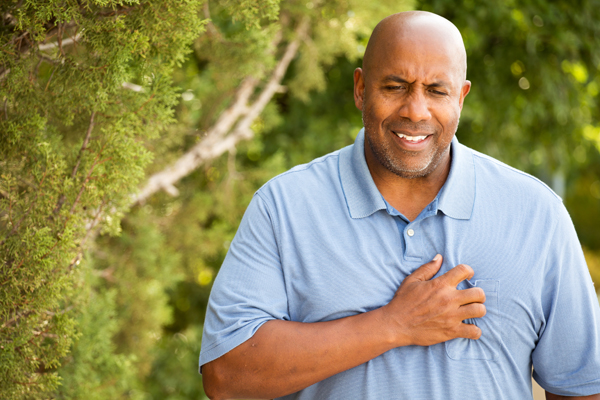
February is American Heart Month, and much of this month will be spent talking of heart wellness and prevention of heart disease. Heart attacks remain a leading cause of mortality in both men and women. Because heart disease is so prevalent, knowing what to do and being prepared to act could save a life.
Risk Factors for a Heart Attack:
- Age: more prevalent over age 50 but does occur in younger persons as well.
- Gender: males slightly higher risk, although women have caught up with men as they age.
- Family History: especially significant if early heart disease and stroke
- History of high blood pressure (hypertension), and elevated high cholesterol (hyperlipidemia).
- History of diabetes: becoming an epidemic in the U.S., especially in younger age.
- History of obesity: also an epidemic in the U.S., again especially in younger age.
- History of tobacco use: or exposure to secondhand smoke considered the number #1 preventable risk factor in heart disease.
Recognizing a Heart Attack:
- Discomfort in or around the chest region. It might not be described as “pain” but rather vague feelings of tightness, squeezing, heavy weight, dull ache or pressure. Most often this begins to be noticed with physical exertion but may occur also at rest. Duration of discomfort lasting steadily greater than 15 minutes is more concerning.
- Chest discomfort may radiate to nearby body regions such as the neck and jaw, arms, the upper back, upper abdominal areas. Note: these symptoms may occur without any chest discomfort, as well.
- Difficulty breathing.
- Sense of nausea and sometimes vomiting.
- Feeling generally weakened and fatigued.
- Feeling lightheaded or faint.
- Posturing with a clenched fist or hand over the heart region.
- Noticeable anxiousness.
- DENIAL is a natural and common feature, (nobody wants to admit they’re having an attack).
How to Respond:
- Call 911 for help immediately! Don’t waste time trying to call patient’s doctor! We enjoy an advanced EMS system here in West Michigan with highly skilled paramedics, who bring help to victims before arrival at the ER.
- Make the person comfortable and loosen tight or constricting clothing.
- If not allergic to aspirin, and it’s readily available in non-coated version, administer 325 mg by mouth as soon as possible (good to keep on hand with high risk persons).
- Stay calm and reassure persons that help is coming.
- Become trained in CPR and operation of an AED (automated external defibrillator).
Be smart about your heart and talk with your physician about heart disease prevention, and if you smoke, quit!
Dr. Brian J. Coté, FACEP
Healthy Life Category